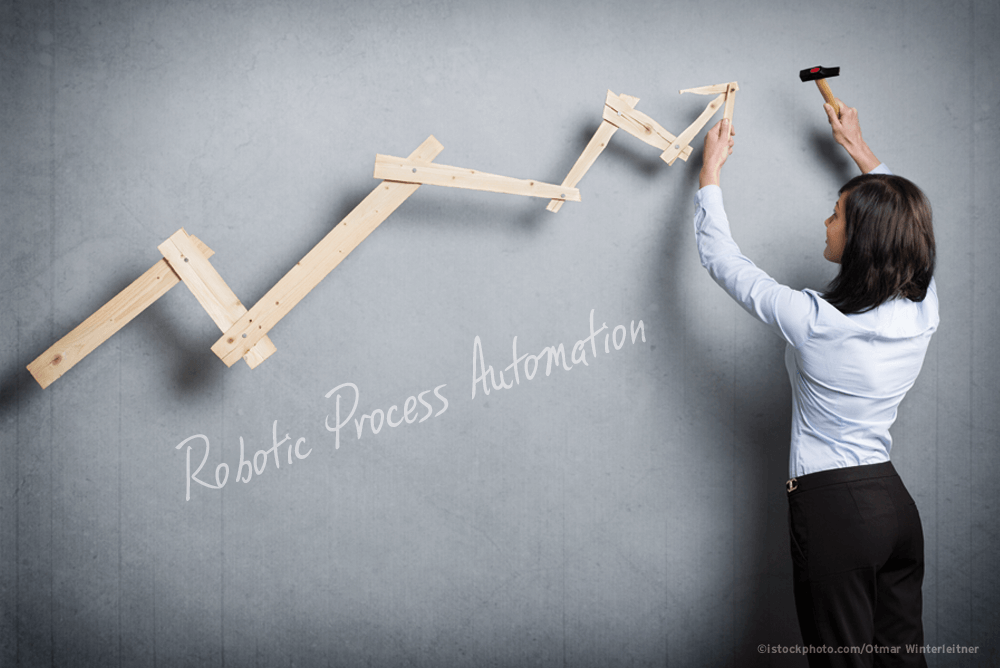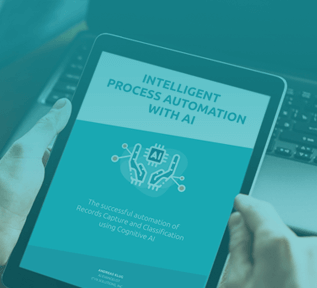Why intelligent automation in the workplace is critical — NOW
The intelligent automation of jobs is nothing new. And in theory, people are taking it quite seriously. Seven of ten managers expect that by 2025, artificial intelligence will have a big to very big impact on their organization’s strategy. Copious feedback from customers shows: Intelligent automation in the workplace allows organizations to increase efficiency in input management and to improve the customer experience (CX). Nonetheless, research also shows: Intelligent automation of jobs still has potential for improvement while also becoming more and more critical.










